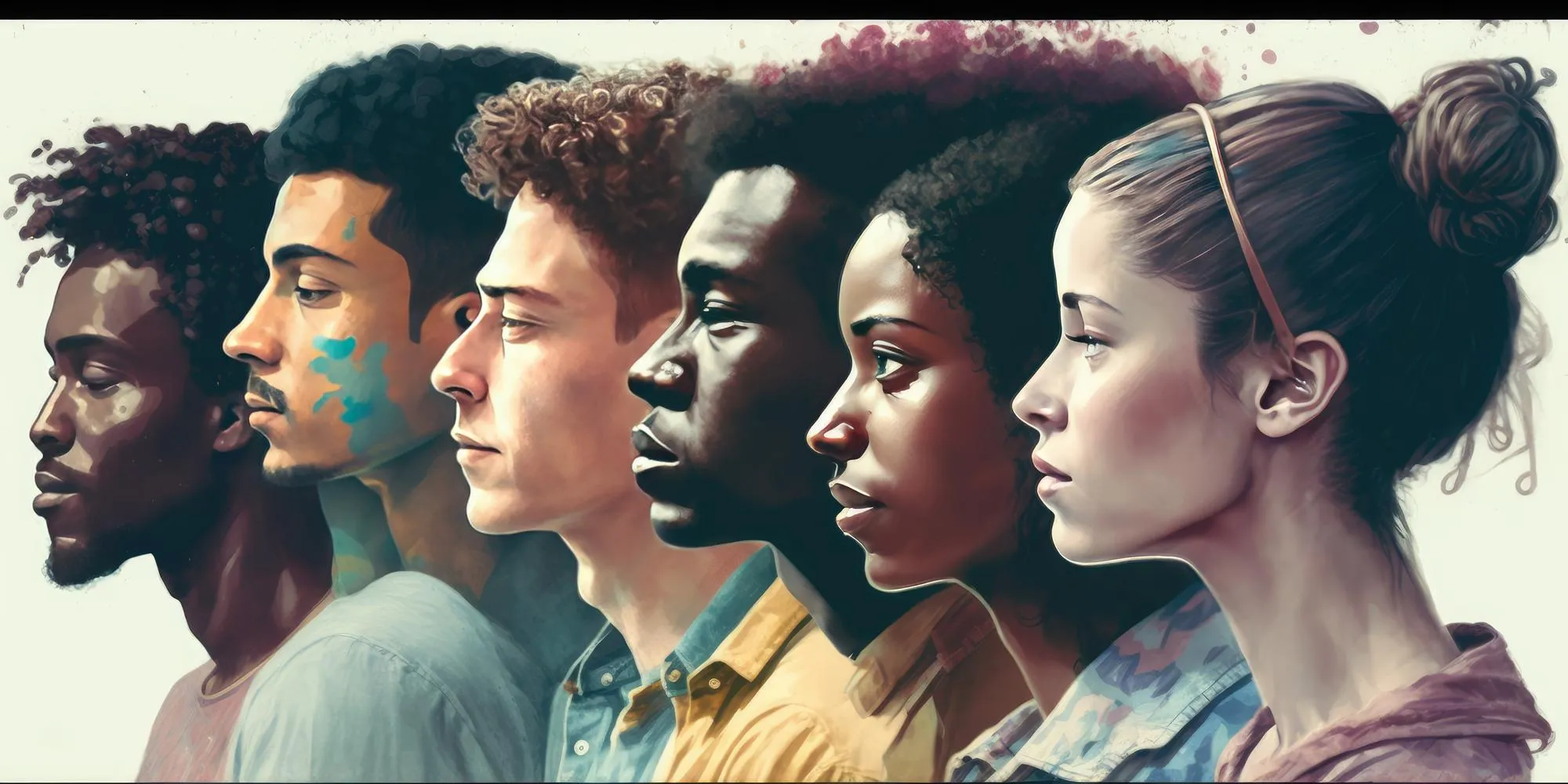The loss of a loved one is a universal experience, yet the bereavement journey is profoundly personal and unique. However, when the death of a family member comes at the hands of or following an encounter with law enforcement in the United States, the path of grief takes on additional, tormenting dimensions. The phenomenon of disenfranchised grief among families dealing with death after police contact is a critical area of study that provides insight into the struggles they face, often alone, against a backdrop of societal indifference and racial inequality.
This comprehensive treatment of disenfranchised grief and its impact on these bereaved families is premised on the qualitative research findings published in the June 2021 issue of OMEGA – Journal of Death and Dying. Authored by David D. Baker, Dana D. Norris, and Veroniki Cherneva, the article illuminates the harrowing experiences of co-victims of homicide – family members of 43 U.S. citizens whose lives were lost subsequent to police encounters. The research, presented under the DOI: 10.1177/0030222819846420, stands as a sobering testament to the societal challenges and racial disparities that compound the pain of those left behind.
Keywords
1. Disenfranchised Grief
2. Police-Related Deaths
3. Racial Inequality
4. Bereavement Support
5. Social Construction of Grief
Disenfranchised Grief: An Overlooked Suffering
Grief becomes ‘disenfranchised’ when a person’s culture, society, or support system fails to acknowledge their right to mourn. Kenneth Doka, who originated the term, elucidates that this form of grief is marked by a lack of recognition and validation from the social sphere. The problem is exacerbated when the cause of death is controversial or stigmatized, such as in the case of deaths following police interactions. The study explores how disenfranchised grief manifests in the aftermath of such deaths and delves into the nuanced hardships faced by the families.
The Racial Dimension of Grief After Police Contact
The accounts of the bereaved families provide a stark revelation: the American social landscape is uneven, and this inequality casts a long, ominous shadow even in the realm of grief. Deaths of non-White individuals at the hands of law enforcement or in custody are filtered through a societal lens that is rife with racial prejudice. The research identifies that grief’s racial dimension is one of the pivotal factors that signals the presence of disenfranchised grief within these communities.
A striking conclusion drawn by the researchers is that white supremacy and systemic racism play critical roles in shaping the social responses—or lack thereof—to the mourning processes of non-White co-victims of police-related deaths. These grieving individuals and families frequently encounter insensitivity and disparagement in their pursuit of solace and support.
The Challenges of Grieving in the Public Eye
The death of a loved one following police contact often thrusts the bereaved into the spotlight, unwillingly and unprepared. Such losses become subject to public scrutiny, with the decedent’s life and character often dissected by the media, the authorities, and the general public. The grieving families, therefore, find themselves having to navigate a complex web of judgment and opinion while trying to make sense of their loss.
Public narratives about the deceased can overshadow individual memories and familial bonds, creating a dissonance between personal grief and societal perceptions. This external pressure can be particularly debilitating for families attempting to honor their loved one’s memory and strive for a semblance of justice.
The Social Construction of Grief: A Barrier to Healing
The study highlights the role of social norms and expectations in constructing the grieving process, revealing that such constructs often prove to be barriers rather than conduits to healing. The bereaved family members expressed feelings of marginalization and a sense that their grief was not just unacknowledged but unwelcome in the greater societal narrative.
This enforced silence creates an environment where grief cannot be openly expressed or shared, which is vital for healing. Compounded by structural racism, these factors make the bereavement journey an isolating and traumatic experience for families dealing with a death following police contact.
Moving Forward: Evolving the Social Narrative
In order to address disenfranchised grief, there is a pressing need for societal change. This evolution begins with acknowledging that grief after a death following police contact is not only legitimate but requires the same compassion and support as any other form of mourning. The study posits that law enforcement agencies, social institutions, and the community at large have a role to play in transforming the current narrative. They must foster a culture of empathy and equity to ensure the dignity of grief is preserved for all, irrespective of racial identity or the circumstances of death.
References
To anchor this compelling inquiry, several key references have been cited:
1. Doka, K. J. Disenfranchised Grief: Recognizing Hidden Sorrow. Lexington Books; 1989.
2. Baker, D. D., Norris, D. D., & Cherneva, V. Disenfranchised Grief and Families’ Experiences of Death After Police Contact in the United States. OMEGA – Journal of Death and Dying. 2021;83(2):239-256. doi:10.1177/0030222819846420.
3. Charmaz, K. Constructing Grounded Theory. Sage Publications; 2014.
4. Coddington, K. The Geopolitics of Grief: Spatialities of the Missing and Murdered in Ciudad Juárez. Geopolitics. 2016;21(2):345-365. doi:10.1080/14650045.2016.1139667.
5. Alexander, M. The New Jim Crow: Mass Incarceration in the Age of Colorblindness. The New Press; 2010.
Conclusion
The poignant realities of disenfranchised grief revealed in this study call for a collective reflection and action. It underscores an urgent need to dismantle the barriers that impede the grief journey for families affected by deaths after police contact, particularly among non-White communities. Only through a deep reexamination of societal attitudes and systems can the promise of empathy and justice for all be fulfilled. The findings of Baker, Norris, and Cherneva not only enrich the academic discourse but also echo a societal imperative to honor and support every individual’s right to grieve, heal, and seek closure in the aftermath of tragic loss.
